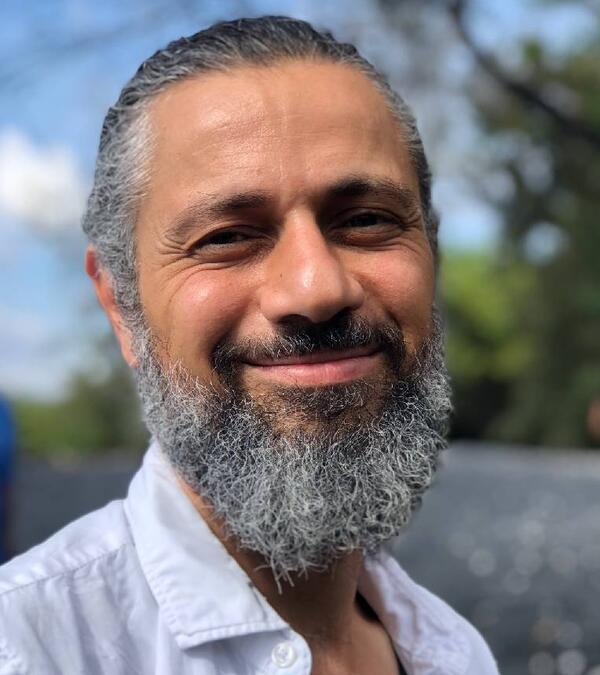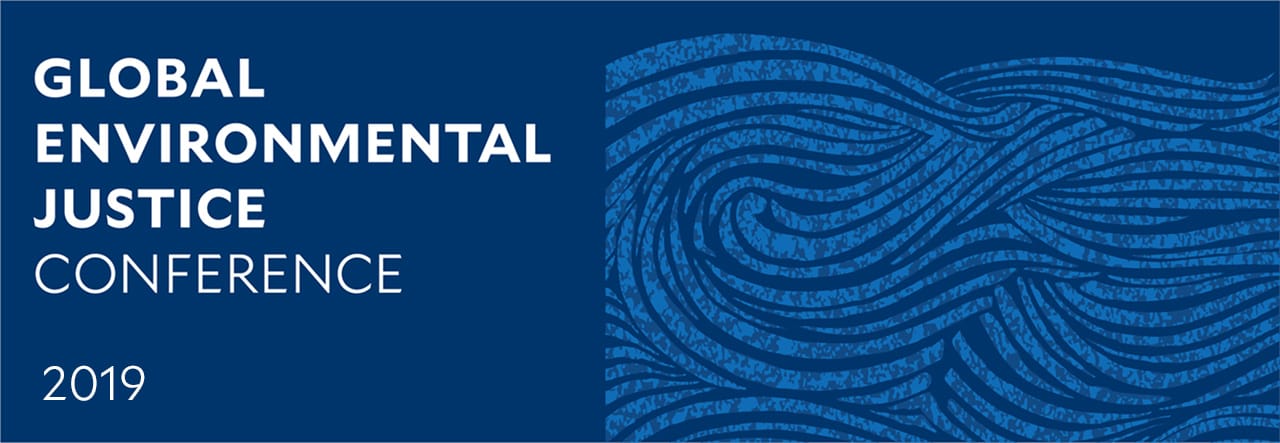Mohamad Chakaki

Mohamad Chakaki
Senior Fellow
Field & Network Development
Center for Whole Communities
Field & Network Development
Center for Whole Communities
The work of Center for Whole Communities lies at the intersection of movements for justice and the environment, and the inquiry I’m engaged in as a reflective practitioner pertains to the promises and pitfalls of being situated at that intersection.
First, there’s the tension inherent to nurturing partnerships and collaboration across mainstream institutional spaces and cultures with that of grassroots or frontline communal spaces and cultures. This stance risks co-optation and/or erosion of trust in a role that has us straddling, brokering, and facilitating diverse and sometimes divergent perspectives and approaches.
Second, our core practices center working with personal values and difference, as well as interpersonal dialogue across those lines of difference. That involves a certain level of vulnerability and exposure to conflict and tension - and, in some cases, trauma. Dialogue, let alone collaboration and partnership, is not always available in the face of such tension or trauma. What is to be done when the forces or fractures, be they historical or interpersonal, between established institutional and community-based actors are greater than any potential for partnership or mutual gains bringing them together?
With this in mind, I am curious about the role of artistry and creativity on the one hand, and that of ritual, ceremony, and contemplative practice on the other hand in navigating the challenging realities of social and ecological change, uncertainty, and loss. The poet John Keats termed this capacity for being with uncertainty ‘negative capability.’ What does it look like to nurture that capacity not just individually or personally, but as collective or institutional negative capabilities?
Nurturing Negative Capability: Environment & Justice Practitioners Confronting Failure, Uncertainty, and Loss
Work Areas:
Community partnerships, Local or traditional knowledge, Race and ethnicity, Urban systemsPeople and Partners
Yale Center for Environmental Justice
Yale School of the Environment
Kroon Hall
195 Prospect Street
New Haven, CT 06511
Email: ycej@yale.edu
Yale School of the Environment
Kroon Hall
195 Prospect Street
New Haven, CT 06511
Email: ycej@yale.edu





